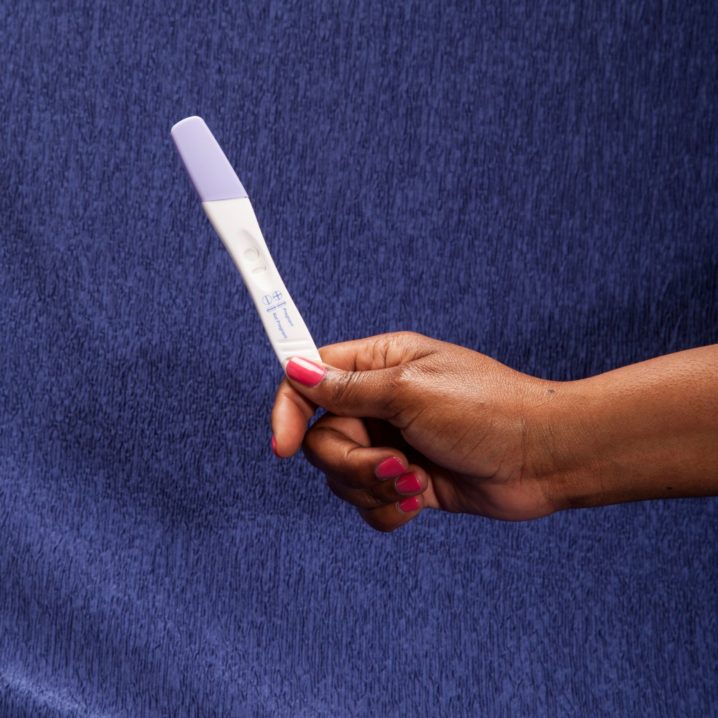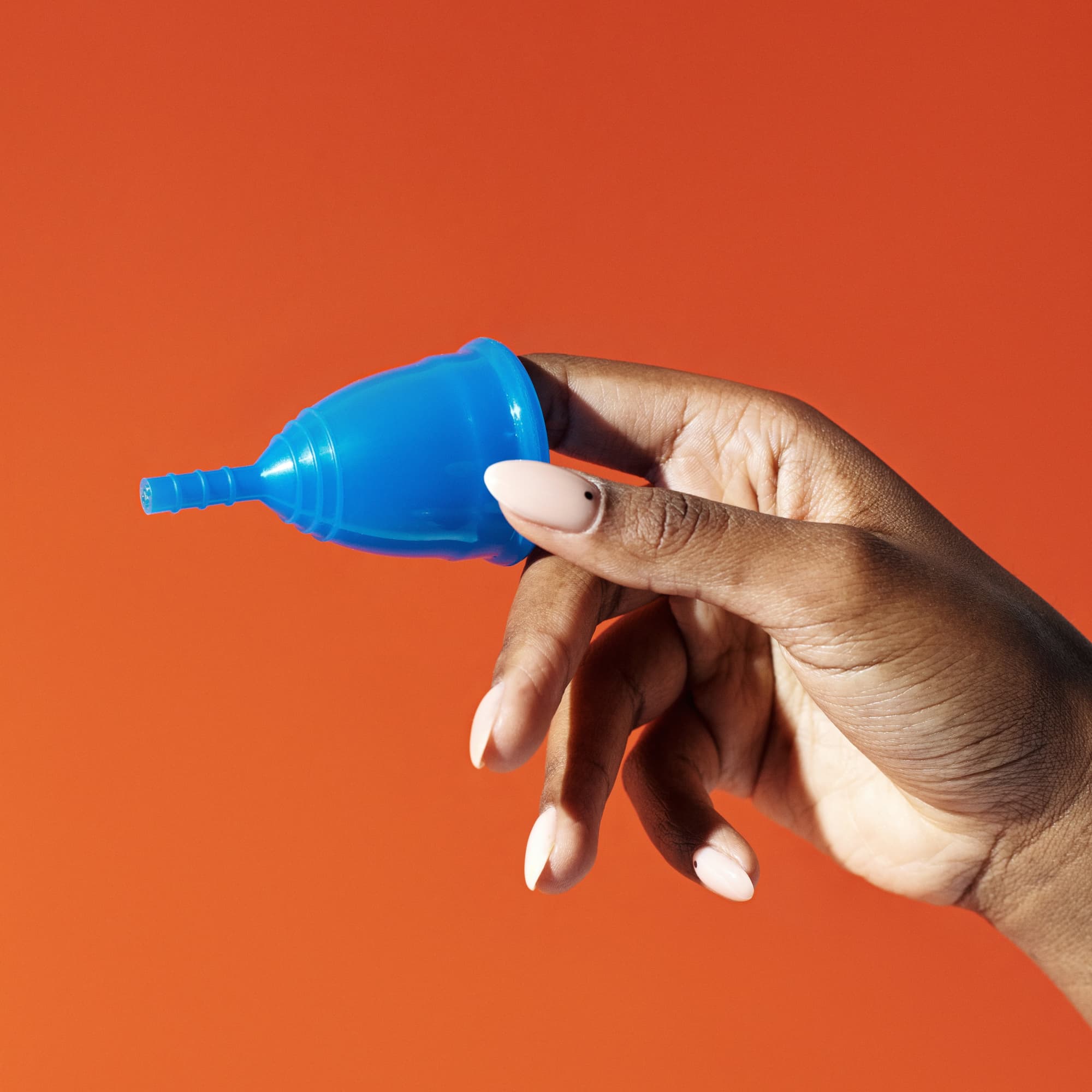
- POPSUGAR Australia
- Fitness
- Understanding the Rates of Infertility in Your 20s and the Most Common Causes
Understanding the Rates of Infertility in Your 20s and the Most Common Causes

Welcome to POPSUGAR Uninhibited: The Fertility Edition, a space where anyone who ovulates can come for information, advice and support. Here, we’ll tackle topics like fertility in your 20s, conception and egg freezing. You can find all of the stories here.
While you’re probably not thinking too much about your fertility in your early-to-mid 20s, it’s important to know that your lifestyle habits during this time can significantly impact your chances of conceiving in the years to come. And we don’t mean to alarm you, but what you do in your 20s can, in some cases, even lead to infertility.
“Granted, your 20s are more likely to be your socialising, share-house living, career-establishing years where celebratory treats are the norm,” says Sophie Walker who has a masters degree in public health and is the founder and host of the “Australian Birth Stories” podcast, as well as the author of “The Complete Australian Guide to Pregnancy and Birth“. “However, we do know that alcohol, smoking and social drug-taking do affect fertility, in both men and women.”
So, what exactly is infertility? Technically speaking, infertility is the inability to conceive a pregnancy after 12 months of unprotected sex.
“Infertility isn’t common in your 20s,” Walker tells POPSUGAR Australia. “But, for those with underlying medical conditions like polycystic ovarian syndrome (PCOS), endometriosis, fibroids or ovulation disorders, fertility can be significantly impacted and many women with these conditions are often recommended by health specialists to start a family earlier rather than later.”
Walker says that it’s important to note that while many of us think only of women and people who menstruate when we think infertility, in reality, infertility has just as much to do with semen quality, sperm production and the transport process from semen to egg.
“In fact, after a woman’s age, male infertility is the biggest single factor influencing a couple’s chance of conceiving,” says Walker.
With all this in mind, if you are wanting to have a baby later in life, there’s no harm in getting your fertility assessed and chatting to your doctor about healthy lifestyle habits moving forward, she says. For those who have underlying health concerns or who have a family history of infertility, your GP may recommend early testing to give you a clear idea of your egg quality and reserve.
Fertility tests for women and people assigned female at birth typically include blood tests and ultrasounds to ensure ovulation is occurring each month and to monitor for signs of PCOS and endometriosis. Another test option is an Egg Count Test, which is a simple blood test that measures the level of Anti-Mullerian Hormone in the blood and provides a good indication of ovarian reserve.
The most important fertility test for men and people assigned male at birth is semen analysis. It measures the volume and consistency of the sample, including the number of sperm, as well as their motility (ability to move) and morphology, (size and shape).
“Infertility affects one in six Australian couples of reproductive age, and often, there is no clear reason as to why,” Walker says. “If you do test your fertility in your 20s and your fertility specialist recommends starting a family earlier than you planned, you’ll be grateful for this insight.”
Fertility treatments like Intrauterine insemination (IUI) and In Vitro Fertilisation (IVF) have very high success rates for couples in their 20s and early 30s. So, if you do want to have kids and discover you have fertility problems early, you’ll have a much better chance at still possibly conceiving.



